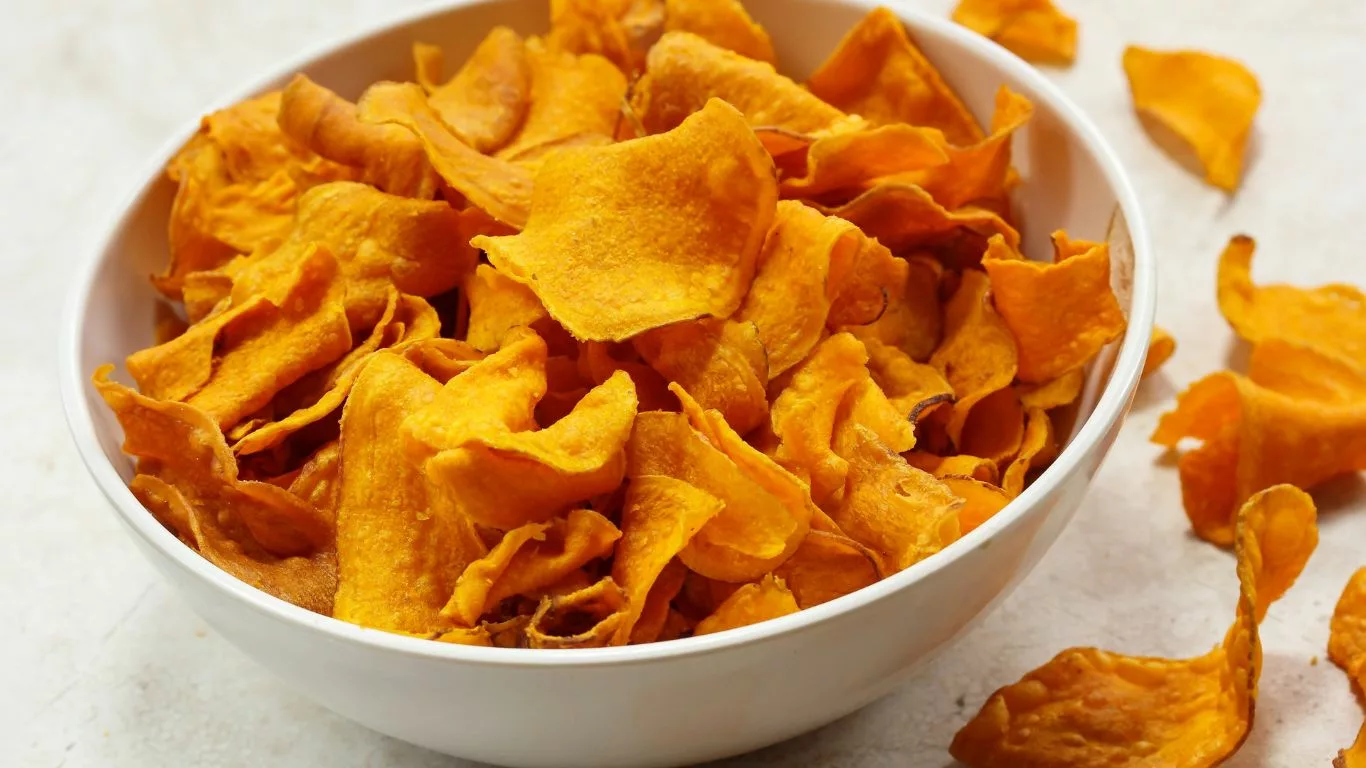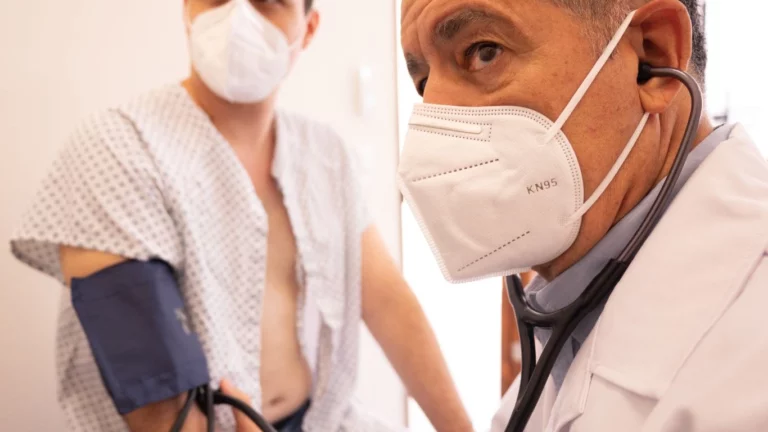Can Chewing Food Reduce Reflux? Here’s the Lowdown
Can chewing food reduce reflux? We all know that heartburn or acid reflux can be a real pain, but what if I told you that chewing your food properly might actually help alleviate those annoying symptoms? In this article, we’ll take a deep dive into how chewing could be a game-changer for reflux sufferers, and why it’s something you should pay more attention to.
Living with acid reflux (or GERD – gastroesophageal reflux disease) is no fun. If you’re one of the millions of people who deal with that burning sensation in your chest after eating, you’re probably looking for anything that could help. You’ve likely tried a bunch of remedies – from over-the-counter antacids to changing your diet. But what if something as simple as chewing your food differently could help ease the symptoms? Sounds too good to be true, right? Well, let’s explore how this works.

What is Acid Reflux, Anyway?
If you’re reading this, you probably know what acid reflux feels like – that uncomfortable burning in your chest that seems to get worse after meals. But just in case, let’s quickly recap. Acid reflux happens when the stomach acid or bile irritates the food pipe (esophagus). It’s often linked to a weak lower esophageal sphincter (LES), which is the muscle that keeps stomach contents from coming back up.
When the LES doesn’t close properly, acid sneaks its way up, causing the burning sensation we all know too well. GERD is a more severe and long-lasting form of reflux that can cause more serious health issues if not managed correctly. But here’s the good news: there are ways to reduce reflux symptoms, and surprisingly, the way you chew could make a difference.
Does Chewing Help with Reflux?
Now, this is where things get interesting. You might not immediately think that something as simple as chewing could have a significant impact on reflux, but it turns out that it does. The process of chewing food properly sets the stage for better digestion, which in turn can reduce the chances of acid reflux.
The Role of Saliva
When you chew, your body produces saliva. This isn’t just a random side effect – saliva has some pretty impressive properties that can help with acid reflux. For starters, it’s alkaline, which helps neutralize stomach acid. The more you chew, the more saliva is produced, helping to wash down any excess acid that might be hanging around in your esophagus.
Ever notice that you tend to swallow more after chewing? That’s your body’s way of helping to move food (and acid) in the right direction – down, away from your throat and towards your stomach. So, when you chew thoroughly, you’re not only breaking down food into smaller bits for better digestion, but you’re also encouraging the right kind of swallowing that helps prevent reflux.
How Chewing Affects Your Stomach
Chewing doesn’t just help your mouth and esophagus; it also plays a key role in how your stomach handles food. The longer you chew, the more the food is broken down, making it easier for your stomach to process it. This can reduce the amount of work your stomach has to do, which can help reduce the chances of acid backing up into your esophagus.
Real-Life Example: Can Chewing Help You? You Bet!
Let’s look at a quick example. Meet Sarah, a 34-year-old who’s struggled with acid reflux for years. No matter what she ate, she’d always feel that awful burning after meals. After trying various medications and lifestyle changes without much success, Sarah decided to try a simple strategy: chewing more thoroughly. She made a point to chew each bite of food at least 20 times before swallowing. And guess what? After just a few weeks, Sarah noticed a significant decrease in her reflux symptoms. Sure, it wasn’t a cure-all, but it was definitely an improvement.
What You Should Know About Chewing for Reflux Relief
If you’re dealing with acid reflux, chewing might not solve everything, but it can help. It’s not just about chewing more – it’s about chewing the right way. Here’s a little guide to get you started:
- Chew thoroughly: Aim for at least 20-30 chews per bite. This allows your body to break down food properly before it hits your stomach.
- Stay calm while eating: Stress and anxiety can exacerbate reflux. So, take your time while eating and avoid rushing through meals.
- Eat smaller meals: Overloading your stomach can lead to reflux. Small, well-chewed meals are easier on your digestive system.
- Choose reflux-friendly foods: Avoid foods that trigger reflux, such as spicy, fatty, or acidic foods. Focus on gentler options like oatmeal, bananas, and chicken.

Other Lifestyle Changes to Help Reflux
Chewing isn’t the only thing you can do to reduce reflux. If you’re dealing with GERD, here are some other lifestyle changes you might want to consider:
- Avoid large meals: Big meals increase pressure on the stomach, making reflux more likely. Small, frequent meals are better.
- Stay upright after eating: Lying down can increase the risk of reflux. Try to stay upright for at least an hour after eating.
- Elevate your head at night: If reflux keeps you up at night, elevating the head of your bed can help reduce symptoms.
- Quit smoking: Smoking weakens the LES and increases acid production, making reflux worse.
Conclusion
So, can chewing food reduce reflux? The short answer is yes, it can help – along with a few other smart lifestyle choices. Chewing your food properly stimulates saliva production, reduces pressure on your stomach, and encourages the proper digestive process. While it’s not a magical cure for acid reflux, it’s definitely a strategy that can make a noticeable difference. If you suffer from reflux, why not give it a try and see if it helps you, too?

Appendices
References
For more on acid reflux management and digestion, check out these helpful resources:
- American Gastroenterological Association (AGA). (2023). Digestive Health and Reflux: A Comprehensive Guide. Read Article
- Jones, L. (2022). Managing GERD: Effective Lifestyle Changes. Journal of Digestive Health, 45(3), 210-215. Read Article
- National Institute of Diabetes and Digestive and Kidney Diseases (NIDDK). (2024). Understanding GERD and Reflux. Read Article
FAQs
Here are some common questions about chewing and reflux:
- Can chewing food reduce heartburn? Yes, chewing helps stimulate saliva production, which can neutralize acid and reduce heartburn.
- How much should I chew to help with reflux? Aim for at least 20-30 chews per bite to fully break down your food and make digestion easier.
- What foods should I avoid for reflux? Stay away from spicy, fatty, and acidic foods, as they can trigger reflux symptoms.
Disclaimer: The information in this article is for educational purposes only and does not substitute for professional medical advice. Always consult your healthcare provider regarding treatment for acid reflux or GERD.

Camellia Wulansari is a dedicated Medical Assistant at a local clinic and a passionate health writer at Healthusias.com. With years of hands-on experience in patient care and a deep interest in preventive medicine, she bridges the gap between clinical knowledge and accessible health information. Camellia specializes in writing about digestive health, chronic conditions like GERD and hypertension, respiratory issues, and autoimmune diseases, aiming to empower readers with practical, easy-to-understand insights. When she’s not assisting patients or writing, you’ll find her enjoying quiet mornings with coffee and a medical journal in hand—or jamming to her favorite metal band, Lamb of God.







